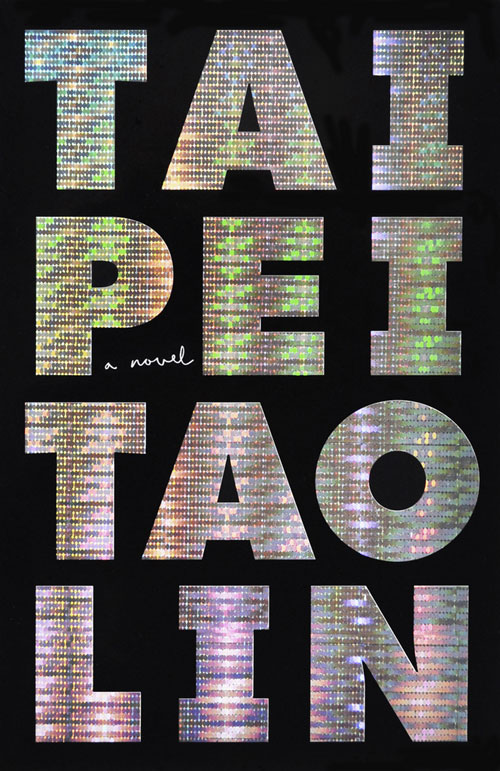 Vintage, 256 pages, paperback, $14.95
Vintage, 256 pages, paperback, $14.95
Tao Lin is one of the most polarizing authors in contemporary literature. For some, his deadpan, uncontrived, technology-inspired/mediated prose embodies the inartistic and tedious nature of alt-lit. For others, he is a master of understated simplicity, a unique voice that has spawned too many imitators, and a cultural surgeon who constantly slashes all the way to the disaffected marrow of a large percentage of his generation. I belong to the second group and, with the release of Taipei, there’s little doubt that many of those who dislike Lin will soon be forced to change their minds.
Related Posts
Taipei kicks off with Paul, a young, successful writer living in Brooklyn, partaking, with little enthusiasm, in Manhattan’s literary, drug, and party scenes. He’s bored and in the process of ending yet another relationship because he somehow became disinterested. Soon after, Paul embarks on a book tour, starts what will be the most important relationship of his life, gets an impromptu marriage in Las Vegas, and visits his parents in Taipei, Taiwan. Along the way, Paul consumes massive amounts of drugs, makes movies on his laptop, visits friends, sends and receives text messages, steals from stores, has arguments with his mom, and gives readings while high. Throughout all this, Paul struggles with a bit of social anxiety, keenly observes those around him, contemplate his feelings, actions, and memories, and tries not to succumb to his ennui. Ultimately, the plot-free narrative becomes an homage/celebration/presentation/deconstruction of modern life on the fringe.
The classic elements of Lin’s work are all present in Taipei: the internet as a lifestyle and omnipresent medium, Whole Foods, tedium, shoplifting, awkwardness, and constant self-awareness all play a role in the narrative. However, two other familiar components — disconnectedness and boredom — are so powerful here that the writing can only be described as Lin’s prose on steroids. For example, Paul’s sense of disjointedness that makes him feel like he lives “in a module attached to a spaceship far enough from any star to never experience daylight.” At other times, he catches himself going through situations without paying attention of trying to give the impression that he’s thinking about a question or comment while fully aware of the fact that his thoughts are occupied only by the effort of giving that impression. While this might sound uninteresting, the opposite is true. In fact, in a narrative born of boredom and pregnant with it, Lin’s writing, which has reached new heights in terms of eloquence and intelligence, is enough to make even the slowest portions of Taipei feel effervescent.
Besides the things mentioned above, drugs are another element that add to the poignancy of this novel. The use of drugs is so pervasive in Taipei that the chemicals become a central character. Paul doesn’t smoke a bit of weed to mellow out or eat mushrooms only to make his public appearances tolerable — he ingests an array of drugs for a variety of purposes in a very methodical and premeditated manner. Klonopin, Percocet, Oxycodone, Valium, Xanax, Adderall, and Ambien are constantly mixed with harder things like cocaine, LSD, and mushrooms. The result is a story that demands to be seen through the padded, fuzzy kaleidoscope that is Paul’s brain. Although it contains more drugs than many crime novels, Taipei exposes the fact that, for a large group of people, drugs are not about crime or wild times — they’re about getting rid of the feeling of being a cyborg and making things and people less dull.
Taipei is great. No, make that excellent. This book, which obviously will be called autobiographical by many, will cement Lin as one of the most interesting and distinctive writers of his generation. Besides making admirers happy and forcing honest detractors to change sides, Taipei will also be the guillotine that takes care of many copycats because writing like this is just too good to mimic.
—
Gabino Iglesias is writer, journalist, and book reviewer living in Austin, TX. He’s the author of Gutmouth and a few other things no one will ever read. You can find him on Twitter at @Gabino_Iglesias.